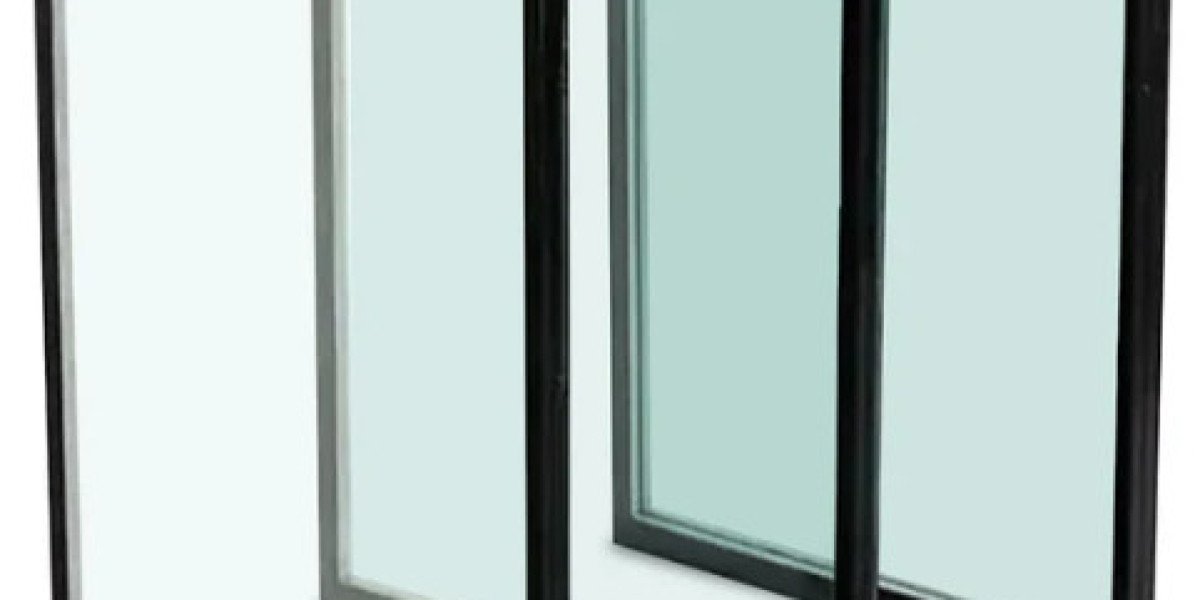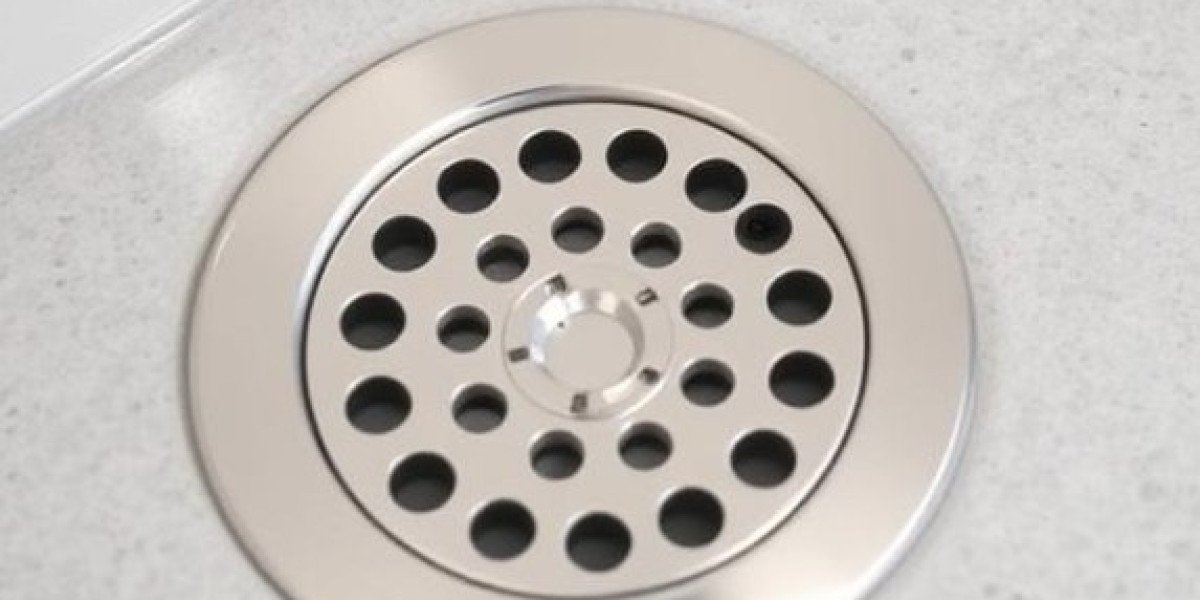The role of a Legal Nurse Consultant (LNC) sits at the intersection of healthcare and law, blending medical expertise with legal insights. Whether assisting attorneys in preparing cases or analyzing complex medical information, LNCs provide critical support. Legal nurse consulting offers a unique opportunity for nurses to apply their clinical knowledge outside the traditional healthcare setting. Understanding the responsibilities and expectations of an LNC is essential for those interested in this growing field.
The Role of a Legal Nurse Consultant
As a Legal Nurse Consultant, your primary responsibility is to assist attorneys, insurance companies, and other legal professionals in interpreting medical information. You’ll be called upon to analyze medical records, identify potential breaches of standard care, and provide expert insights into medical conditions. An LNC can help in various legal cases, including personal injury, product liability, malpractice, and more.
LNCs often serve as expert witnesses, offering their medical expertise in court cases, depositions, or legal negotiations. Their specialized skills bridge the gap between medicine and law, making them invaluable assets to any legal team. They can also help draft documents, prepare questions for expert witnesses, and assist in formulating legal strategies based on medical evidence.
Core Skills and Expertise Required
Legal Nurse Consultants must possess both clinical expertise and knowledge of legal procedures. A strong nursing background in fields like emergency care, pediatrics, or surgery can be beneficial, as it provides an understanding of various medical issues that may arise in legal cases. In addition, familiarity with legal terminology, processes, and court procedures is crucial. Here’s a breakdown of the skills required for a successful career as an LNC:
Medical Knowledge
As an LNC, you’ll need to have a deep understanding of medical practices, terminology, and procedures. Whether you're reviewing medical records for a personal injury case or analyzing a patient's treatment plan for a product liability lawsuit, your ability to interpret and evaluate medical documents is key. This knowledge ensures that you can identify any deviations from the standard of care and can explain how these discrepancies impact the case.
Legal Acumen
While your primary background will be in nursing, you will also need to understand how the legal system functions. You don’t have to become a lawyer, but you must be familiar with legal processes like case management, deposition procedures, and how legal professionals build a case. A strong understanding of product liability, negligence, and medical malpractice laws is essential.
Attention to Detail
In both the medical and legal fields, attention to detail is crucial. As an LNC, you must be able to analyze complex medical records, highlighting specific information that might be important for a case. Often, legal cases are won or lost based on the smallest details, so your meticulous review and analysis of medical documents can make all the difference.
Legal Nurse Consultant in Product Liability Cases
One area where Legal Nurse Consultants are particularly invaluable is in product liability cases. These cases typically involve injuries or damages caused by a defective or hazardous product. LNCs can assist by reviewing medical records, determining how the product might have caused harm, and identifying whether the medical care provided was appropriate.
For example, in a case where a defective medical device causes harm to a patient, an LNC would be tasked with reviewing the medical records, understanding the patient's symptoms, and correlating them with the product in question. The LNC can then provide insight into whether the product's defect was directly responsible for the injury or if other factors were at play.
LNCs also assist attorneys in researching the product's design, usage, and testing protocols. Their expertise is essential in helping attorneys understand how a product’s design flaws may have contributed to the plaintiff’s injuries. In such cases, LNCs often work closely with expert witnesses, offering medical insights that can help establish the causal relationship between the product and the injury.
Impact of Product Liability on Legal Cases
Understanding the intricacies of product liability cases is critical to the role of an LNC. In these cases, the LNC must sift through a range of medical and scientific evidence to determine if a product defect contributed to the injury. This might involve research into the manufacturer’s design process, testing procedures, or safety protocols.
If a nurse consultant finds evidence that a product defect caused harm, they can offer a detailed analysis that helps build a strong case. On the other hand, if the product did not cause the injury, the LNC’s insights can help attorneys refute claims, ultimately guiding legal teams toward the right decision.
Work Environment and Career Opportunities
Legal Nurse Consultants can work in a variety of environments. Some choose to work independently, operating their own consulting firm, while others may be employed by law firms, insurance companies, or healthcare organizations. Many LNCs prefer the flexibility of freelance work, which allows them to take on multiple projects at once.
As a freelance LNC, you can specialize in specific types of legal cases, such as medical malpractice, product liability, or workers' compensation. You may also collaborate with attorneys on a retainer basis, offering ongoing consultations for different cases as needed. Some LNCs may choose to work directly with law firms, providing services on a case-by-case basis, while others might serve as full-time employees in larger corporate settings.
Benefits of Being a Legal Nurse Consultant
There are many advantages to becoming a Legal Nurse Consultant. For one, the field offers a high level of job satisfaction, as it allows you to leverage your medical expertise in a legal context. Furthermore, there is the potential for lucrative compensation, especially if you establish yourself as an expert in your area of focus.
The demand for Legal Nurse Consultants is expected to grow, as the legal industry increasingly seeks professionals with both healthcare and legal knowledge. As healthcare regulations become more complex and legal claims related to medical issues rise, the need for specialized experts like LNCs is likely to continue expanding.
Final Thoughts
Becoming a Legal Nurse Consultant provides a unique and rewarding opportunity for nurses to transition into the legal field, utilizing their medical knowledge to assist attorneys and other legal professionals. Whether you’re examining medical records in a product liability case or offering testimony in a malpractice trial, your expertise will be in high demand. If you have a strong clinical background and a keen interest in the intersection of law and healthcare, this could be the perfect career path for you.







